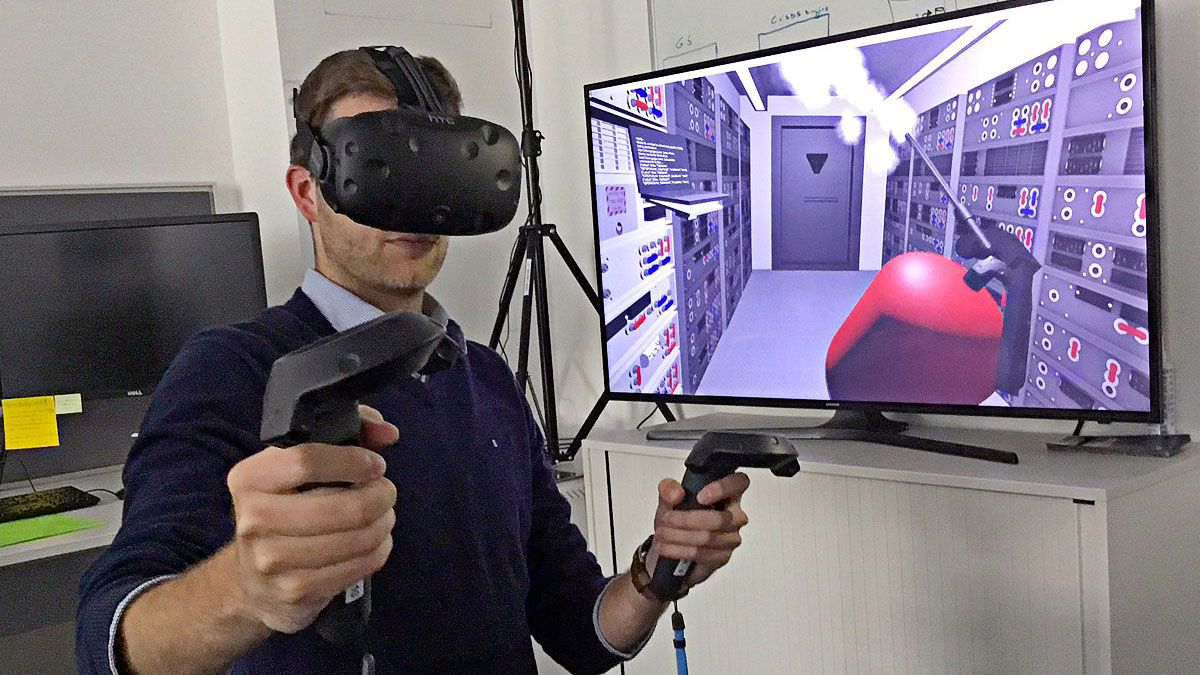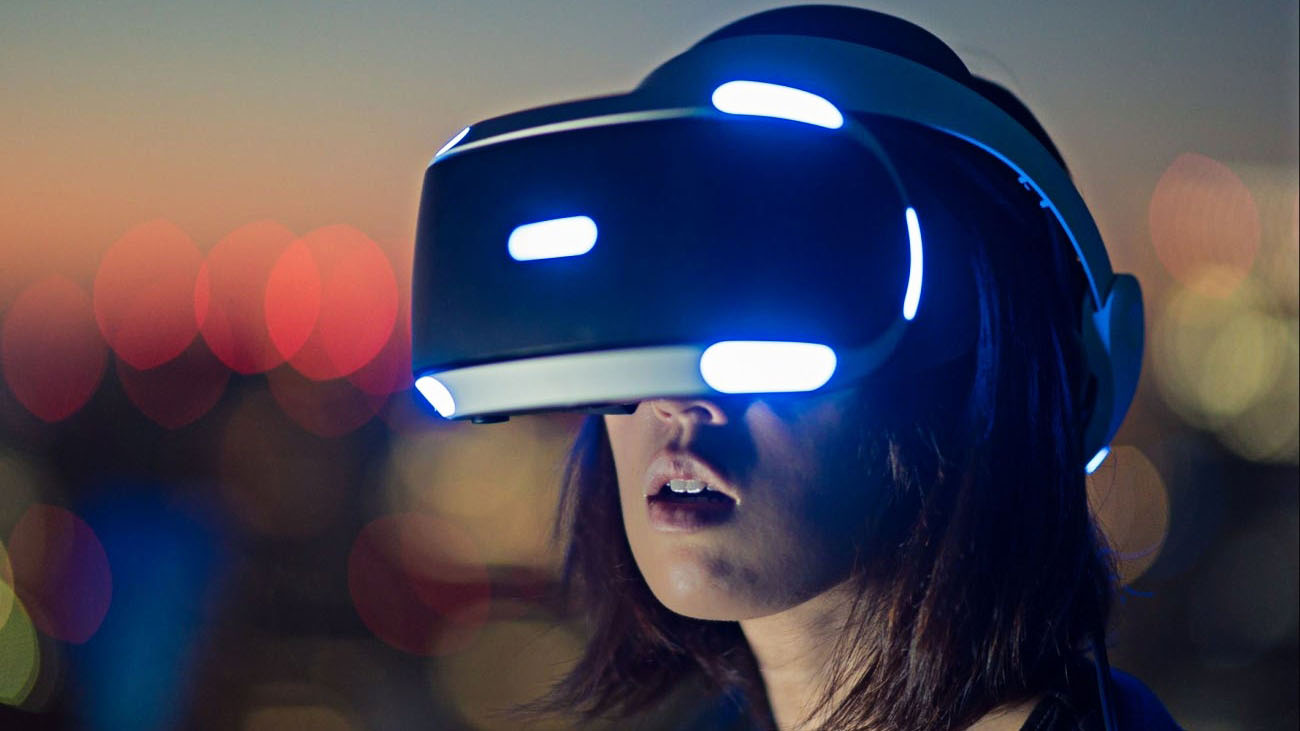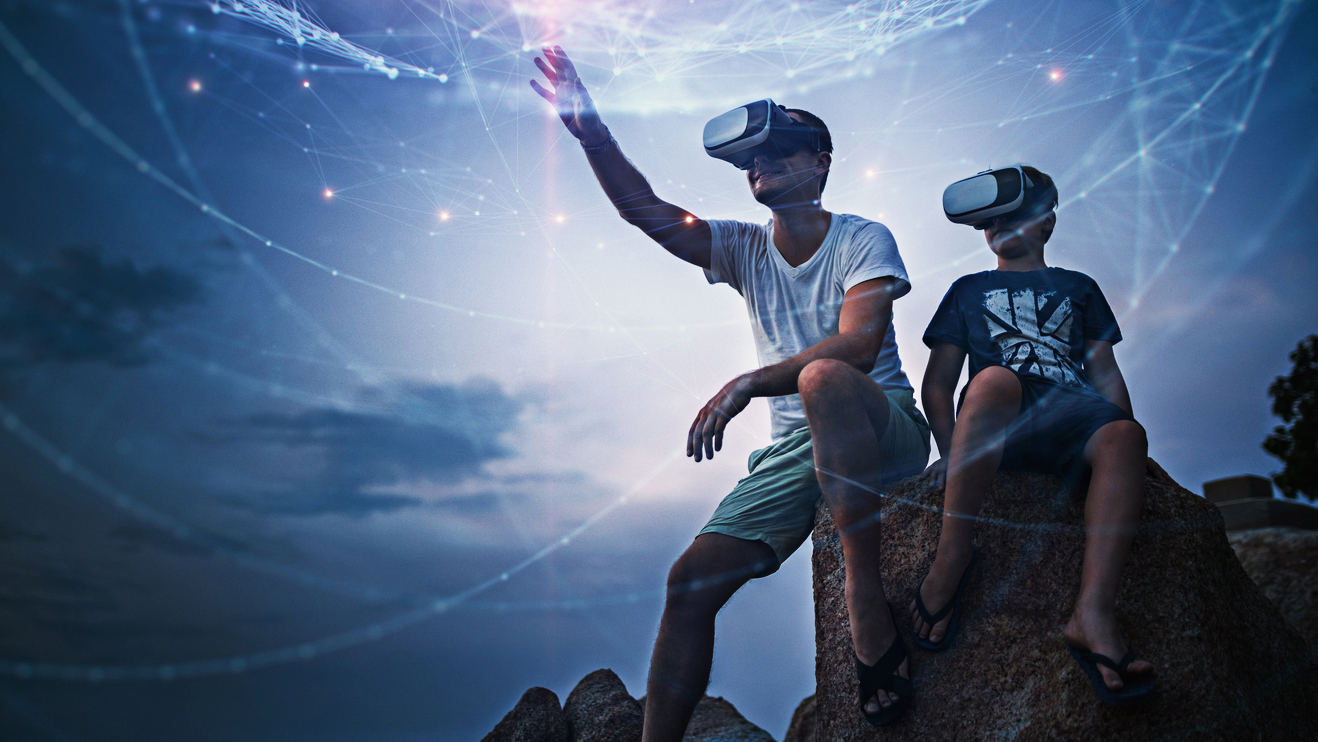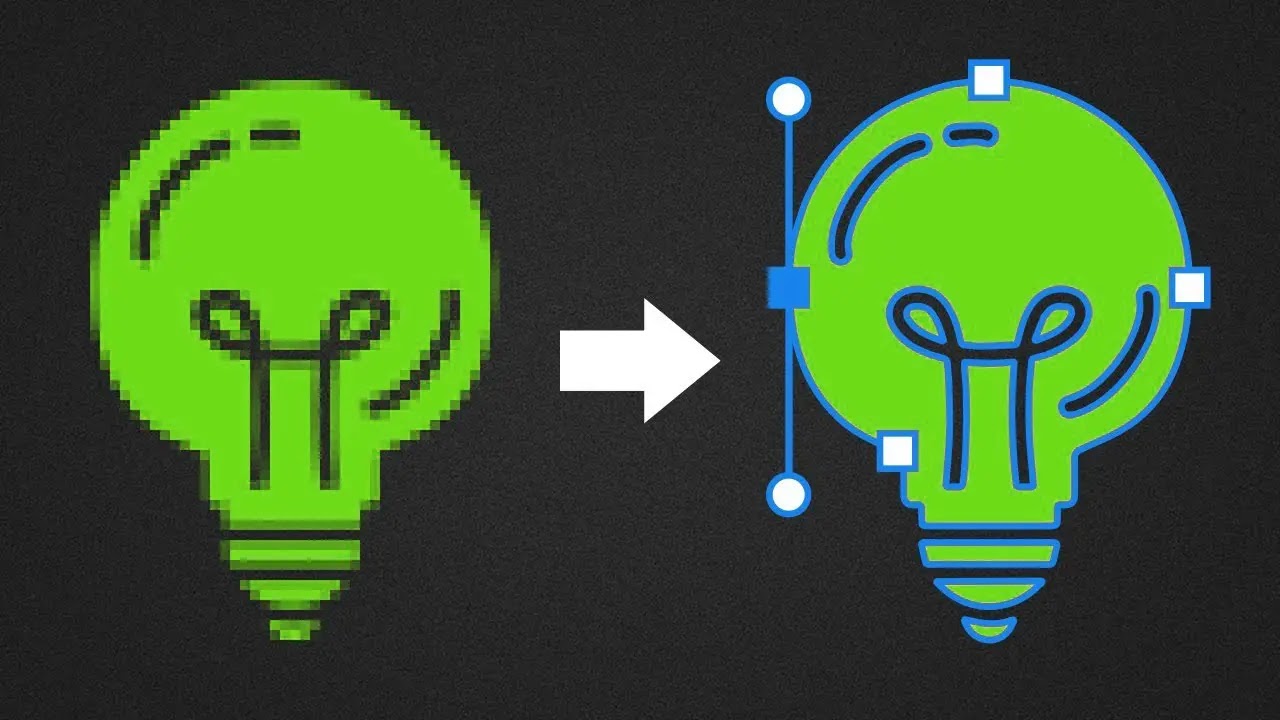Virtual Reality Applications - Can It Enhance Humans Life?

We have to really
think beyond efficiency, beyond computing power, beyond just connecting devices
and think about connecting people.
There's an incredible physicality
to this. It's not just watching videos on a rectangle on the wall or even on
your handheld phone.
You see in your skull that you can march anyplace in your apartment,
but your physique is influential you, no you can't. Your laps shock to clasp,
you jerk to jiggle as it's such a bodily practice.
WHAT JEREMY BAILENSON IS DOING IN STANFORD VR,
What they're doing there which I think would provide a lot of insight and what others may do down the road is they're creating a virtual world where, in particular, they're interested in whether or not people being in this environment and engaging with this environment, witnessing and having the ability to tour, will have an impact on their behavior. In particular they created sort of experience around ocean acidification.
WHAT CAN BE DONE USING VIRTUAL REALITY?

You can recite about it, you can chat about it using others,
you can plan. But consuming the chance to pace the coast and grasp the impression
on the atmosphere of what's trendy nowadays.
This is I think an example that is, kind of very clear, that could suggest areas of how we might use this type of experience in education. - To really create new learning experiences.
DEVICES WITH VIRTUAL REALITY?
There are user devices approaching out on the marketplace
very shortly which means that they will be accessible, reasonably priced and tons
of us can play with them on the institution campus in various different
settings in the classroom, outside of the classroom.
Currently with simulated-reality
we can start discerning about transporting scholars to the virtual-campfire. Consuming
a story, having a chat that can exceed the classroom, the campus, attach us world-wide.
We can't be doing PowerPoint presentations for them.

BENEFIT FOR STUDENTS?
It's already dull enough in so many cases, you know and
we're gonna have to move on from that and we can't just say, oh the virtual
world is over here or something else, we're just gonna deal with the real world,
Because our students are gonna be growing up in a world where they're gonna say
I need the services, I essentially need the information to be intelligent to direct
individually the actual-world and the simulated-situation.
AFFECTING THE MOVIE INDUSTRY USING VIRTUAL REALITY
It's already affecting the movie industry. People are
sitting around and going how are we gonna create movies in this environment because
you can't use the standard techniques.
The standard techniques, the director, the
cinematographer, everyone guided you through the experience and all of a
sudden.
You're gonna as the viewer have control over that experience and there's gonna have to be a new language of film, a new language for how, you know, sort of shaping the viewer experience on this.
You're gonna as the viewer have control over that experience and there's gonna have to be a new language of film, a new language for how, you know, sort of shaping the viewer experience on this.
VR AS A TRADITIONAL FILM?

And you know there's been different ways, I mean Chris Milk
and the Clouds Over Sidra does a wonderful thing of dropping you into almost
like scenes, but then taking you to the other scene.
So you don't aimlessly
walk around the refugee camp because you're not gonna do VR as a traditional
film. You're gonna have to come up with something completely different.
CONCLUSION
I think as this begins to come into higher education, and
really it's coming right now, and particularly next year as consumer devices
come out,
We're gonna have to think very carefully about what kind of, you
know, what kind of media do we do, what kind of media do we have our students
watch, you know, how do you use this media.





![Microsoft All In One App Out Now! [Download Link]](https://blogger.googleusercontent.com/img/b/R29vZ2xl/AVvXsEjCvr2abWBSOGGuor1TDujjOinz955lWrv9r9DTODl34TFpdX67fG7tN5i1632u5IVgBAqIKGSLnjzBgDqnOkkoU9o-pNZV7ta9iV-4NjVLi6FP0dpVjWYHXbRI18WQcMY6WLeOGnhJVPA/s72-c/microsoft-office-ios-preview-setup.png)


